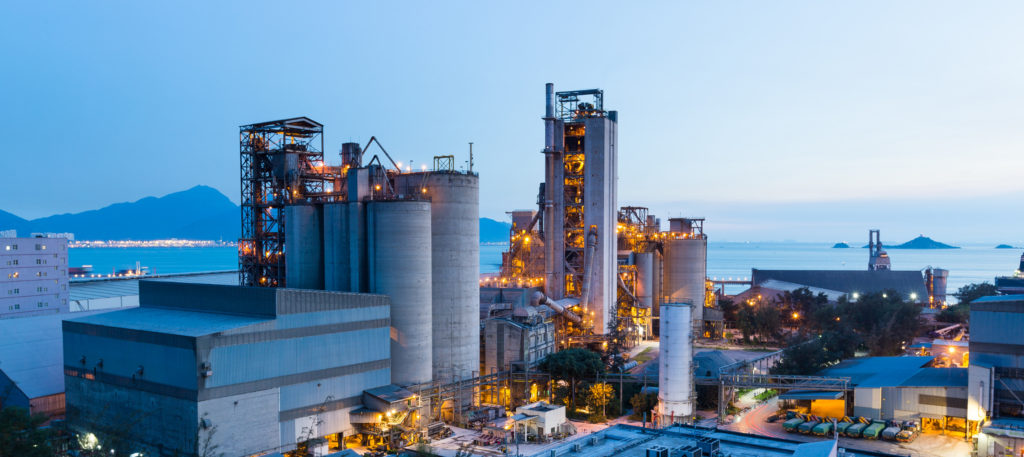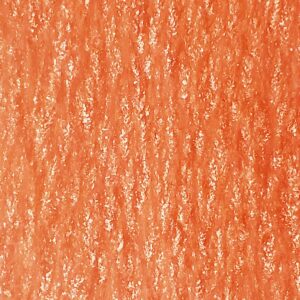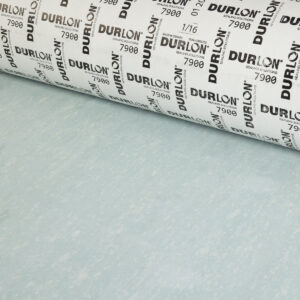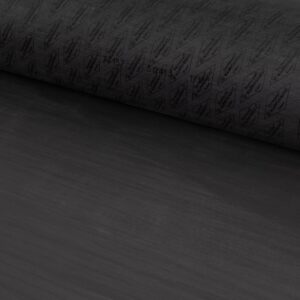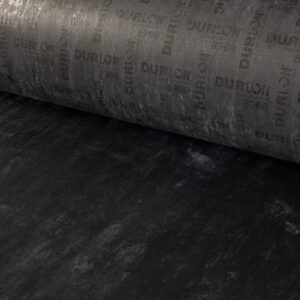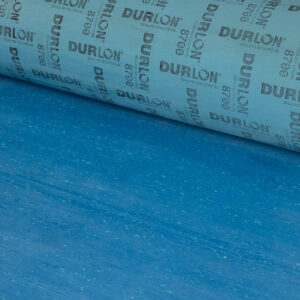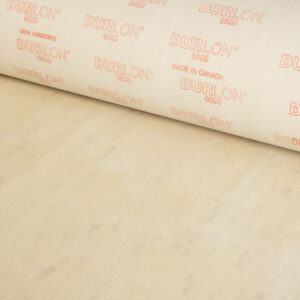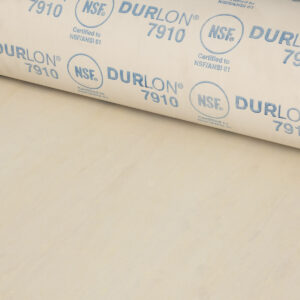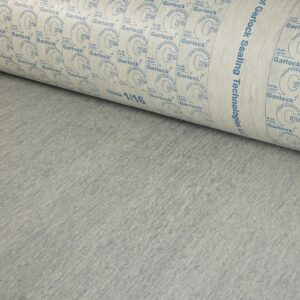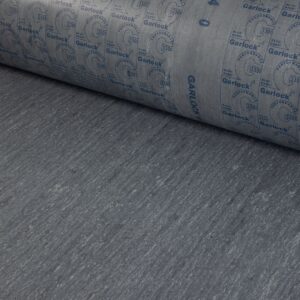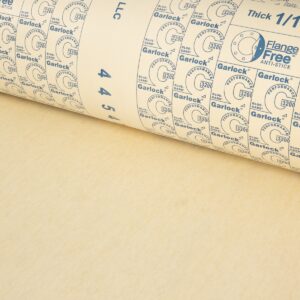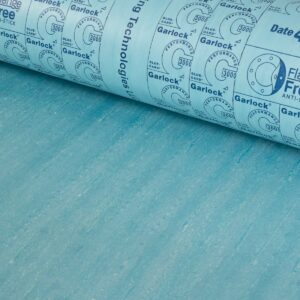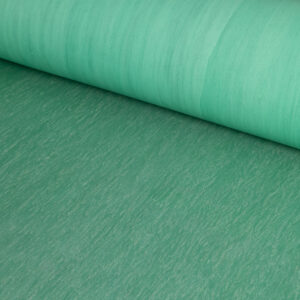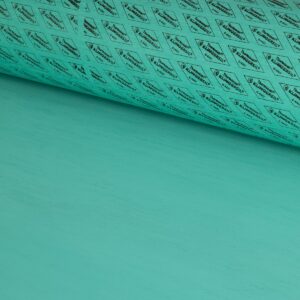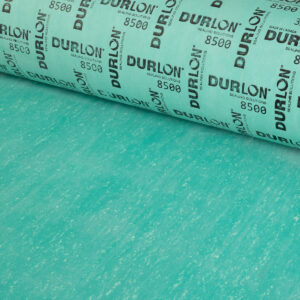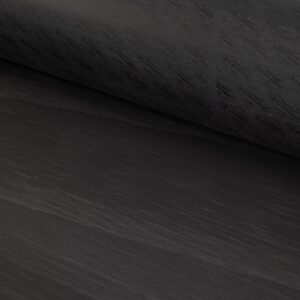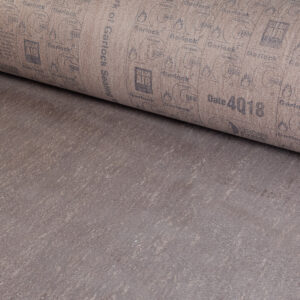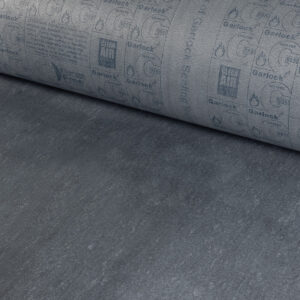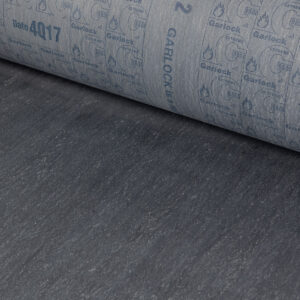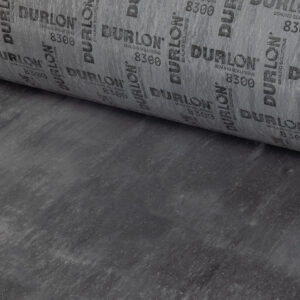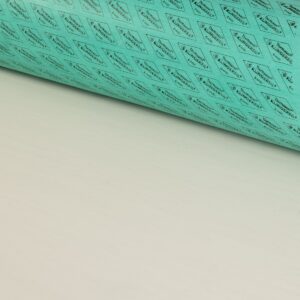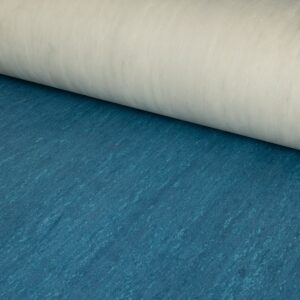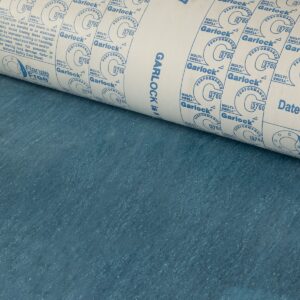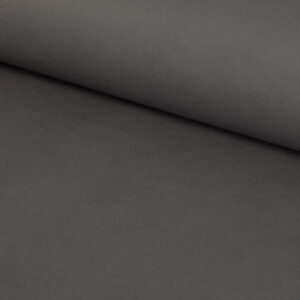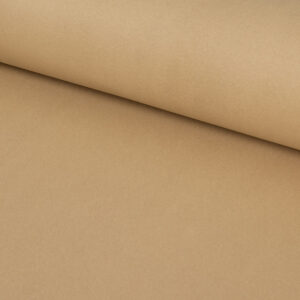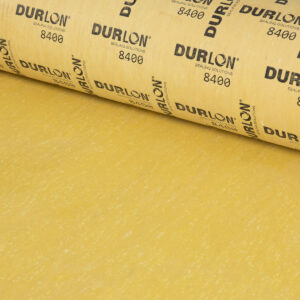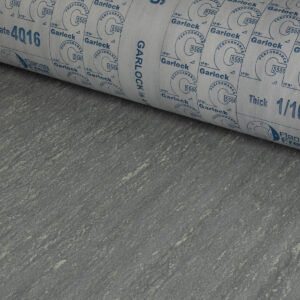Guide to Choosing Compressed Sheet Gasket Materials
Compressed sheet gaskets are essential components used in various industrial applications to create a tight seal between two surfaces, preventing leaks of fluids or gases. These gaskets are made from a combination of fibers and binders, compressed into sheets, which can be cut into various shapes and sizes to fit different flange types. They are widely used in industries such as oil and gas, chemical processing, power generation, and water treatment, where reliable sealing solutions are crucial for operational efficiency and safety.
Importance of Choosing the Right Gasket Material
Selecting the appropriate gasket material is critical for ensuring the longevity and effectiveness of the seal. The wrong material choice can lead to gasket failure, resulting in leaks, downtime, and potential safety hazards. Factors such as temperature, pressure, chemical compatibility, and mechanical stress must be considered to match the gasket material with the specific application requirements. An informed choice enhances performance, reduces maintenance costs, and ensures the safety of both personnel and equipment.
According to Durlon, a prominent manufacturer of compressed fiber gaskets, selecting the right gasket for today’s services is crucial for environmental and operational safety. They listed a few key considerations:
- Process Safety: Ensuring the gasket can withstand operational pressures and temperatures.
- Environmental Concerns: Choosing materials that minimize environmental impact.
- Life of Service in the Flange: Selecting materials that provide long-term reliability.
- Maintenance Costs: Reducing the frequency and cost of gasket replacements.
- Inventory Costs: Managing the cost of maintaining an inventory of gasket materials.
Additional factors to consider are:
- Chemical Compatibility: Ensuring the gasket material is resistant to the process fluid.
- Pressure-Temperature (PxT) Relationship: Matching the gasket to the service conditions based on its PxT factor.
- Physical and Mechanical Properties: Evaluating the gasket’s compressibility, recovery, and resistance to creep and relaxation.
- Fire Safety and Design Factors: Considering fire safety capabilities and design factors like the ASME m and y values and newer tightness parameters (Tp) for fugitive emissions.
Types of Compressed Sheet Gasket Materials
Aramid Fibers:
Characteristics: This material is versatile and can be used in various applications, ranging from simple flange gaskets to more complex sealing needs. Aramid fiber serves as an excellent substitute for asbestos and is available in both sheet form and braided packing.
Applications: Suitable for high-pressure and high-temperature environments, such as in the oil and gas industry and chemical processing. They are also ideal for applications requiring a durable and reliable seal under extreme conditions.
-
Compare
KLINGERSIL® C-4433
Aramid Fibers -
Compare
Durlon® 7900
Aramid Fibers -
Compare
KLINGERSIL® C-4408
Aramid Fibers -
Compare
Durlon® 8900
Aramid Fibers -
Compare
Durlon® 8700
Aramid Fibers -
Compare
Durlon® 8600
Aramid Fibers -
Compare
Durlon® 7910
Aramid Fibers -
Compare
BLUE-GARD® Style 3700
Aramid Fibers -
Compare
BLUE-GARD® Style 3300
Aramid Fibers -
Compare
BLUE-GARD® Style 3200
Aramid Fibers -
Compare
BLUE-GARD® Style 3000
Aramid Fibers -
Compare
CG1001
Aramid Fibers -
Compare
KLINGERSIL® C-4401
Aramid Fibers -
Compare
Durlon® 8500
Aramid Fibers
Carbon Fibers
Characteristics: Exceptional strength, high-temperature resistance, and excellent chemical resistance. Carbon fibers are also lightweight and have a low coefficient of thermal expansion.
Applications: Ideal for high-temperature and high-pressure applications, such as in the aerospace industry, automotive exhaust systems, and power generation plants. They are also used in applications requiring superior mechanical properties and durability.
-
Compare
KLINGERSIL® C-4500
Carbon Fibers -
Compare
Garlock® 9900
Carbon Fibers -
Compare
Garlock® 9850
Carbon Fibers -
Compare
Garlock® 9800
Carbon Fibers -
Compare
Durlon® 8300
Carbon Fibers
Synthetic Fibers
Characteristics: Composed of synthetic fibers with a proprietary rubber binder. They create a compressive load in lightweight flanges for oil and water service, sealing where standard fiber gaskets may fail.They perform well in flanges that might crush an elastomer, making them suitable for a wide array of applications.
Applications: Excellent for steam applications, providing strong chemical resistance .They are versatile and suitable for a wide range of general industrial applications.
-
Compare
KLINGERSIL® C-4430
Aramid Fibers -
Compare
MULTI-SWELL™ Style 3760-U
Synthetic Fibers -
Compare
MULTI-SWELL™ Style 3760
Synthetic Fibers
Vegetable Fibers
Characteristics: Vegetable fiber (cellulose-fiber) material made using paper-making techniques that utilize plant fibers and a glue-glycerine impregnation. Typical vegetable fiber materials have a maximum temperature limit of 250°F, with some premium materials designed for use up to 400°C (750°F).
Applications: Ideal for less demanding applications where environmental considerations are important, vegetable fiber gaskets are commonly used in water treatment and food processing.
-
Compare
Frenzelit® N-5408 Beater Add
Cellulose Fibers -
Compare
CG20 Fiber
Cellulose Fibers
Phenolic Fibers
Characteristics: Exhibits higher temperature limits than aramid-based materials and the handling and cutting characteristics are greatly improved over carbon and glass fiber products
Applications: Can be used in process piping and equipment in chemical, pulp and paper, and other general industrial applications. Also excellent gasket material for use in steam, mild caustics and acids in Class 150 and 300 service.
-
Compare
Durlon® 8400
Phenolic Fibers
Inorganic Fibers
Characteristics: Excellent thermal stability with minimal weight loss, reduced creep relaxation, and improved torque retention. They also provide excellent thermal and oxidation resistance.
Applications: Suitable for extreme temperature applications, such as furnaces, heat exchangers, and other high-temperature environments requiring optimal sealability and durability.
-
Compare
Garlock® 5500
Inorganic Fibers
Choosing the right compressed sheet gasket material is essential for optimal performance and safety in industrial applications. By considering factors such as temperature, pressure, chemical compatibility, and mechanical stress, engineers and maintenance professionals can ensure reliable and durable seals. Custom Gaskets offers a wide range of gasket materials to meet the diverse needs of various industries.
